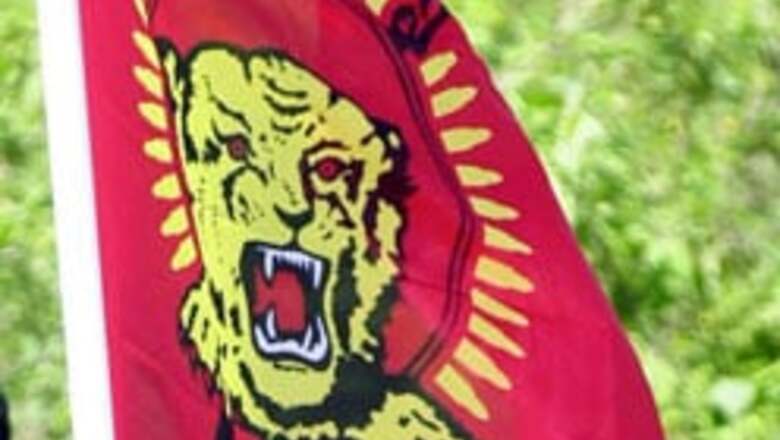
views
Colombo: The European Union is poised to formally ban Sri Lanka's Tamil Tigers, diplomats say, amid fears a sharp rise in attacks and clashes with the military could escalate into all-out war.
The 25-nation bloc is expected to rubber-stamp the ban, which has been agreed in principle, at a meeting of EU Ministers later on Monday, following a series of deadly ambushes on the military, including the worst naval clash since a 2002 truce.
The Tigers - who want their de facto state in the north and east recognised as a separate homeland for ethnic Tamils - have said the ban will only "exacerbate the conditions of war" and force them to take a more hardline approach.
They say it could deter them from resuming peace talks aimed at ending the island's two-decade civil war.
They pulled out of peace talks indefinitely last month.
"I don't think the ban is going to achieve very much," said Paikiasothy Saravanamuttu, an analyst with the Colombo-based Centre for Policy Alternatives.
"I can't see any way out of moving towards large-scale hostilities."
More than 280 soldiers, police, civilians and rebels have been killed in attacks from suicide bombings to naval clashes since February in what the truce monitors and Tigers now call a "low intensity war".
On Saturday six local tourists and their guide - among them an award-winning author - were killed by suspected Tamil Tiger landmines while tracking wild elephants in a park in the island's northwest.
The Tigers denied any hand in the incident.
There was more violence on Monday, with one soldier shot dead in north-central Sri Lanka and another injured in a grenade attack in the far north.
The military also found a powerful fragmentation mine rigged up for an ambush.
Frustration among Sri Lankans is palpable as many fear a return to a full-scale war that killed more than 64,000 people before the ceasefire and displaced hundreds of thousands more.
"How much more pain can we take? How many more years are we going to go on?" asked leading local artist Anoma Wijewardene, whose latest exhibition was inspired by hopes for peace but now coincides with a new rash of death.
Award-winning local author Nihal de Silva, who was among those killed during Saturday's wildlife park blasts, was among the contributors to her video installation exhibition.
"I really wonder how many images how many words, how many tears, how many lives, how many deaths it will take before we understand that we are our killing ourselves, we are self destructing," she said.
"This is the fourth friend I have lost." The tourism industry says renewed war would likely badly punish a sector still striving to recover from the impact of the devastating 2004 tsunami.
"I can put on a brave face and say the fact there's no measurable impact in present hotel bookings means people are not being affected by it," said Gehan de Silva Wijeyeratne, CEO of Jetwing Eco Holidays.
"But I think the grim reality is it will impact on us if it continues like this and we will see reduced numbers during the peak season if the peace process does not get underway," he said.










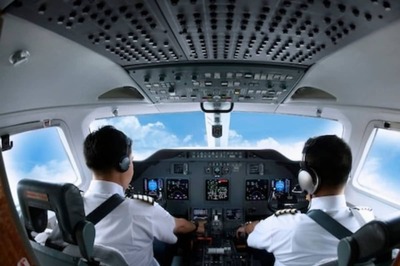
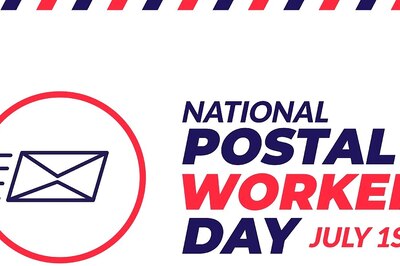


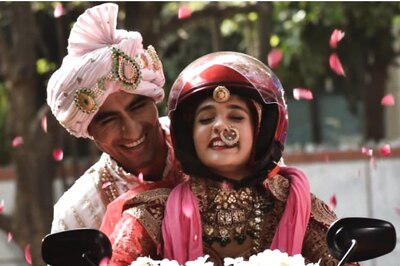
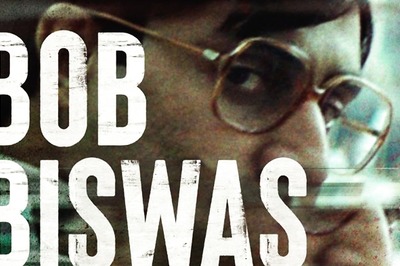
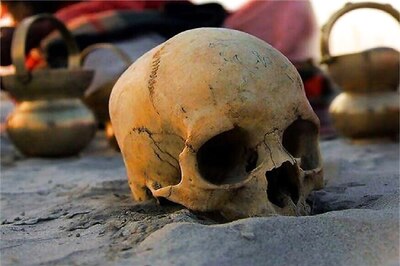



Comments
0 comment